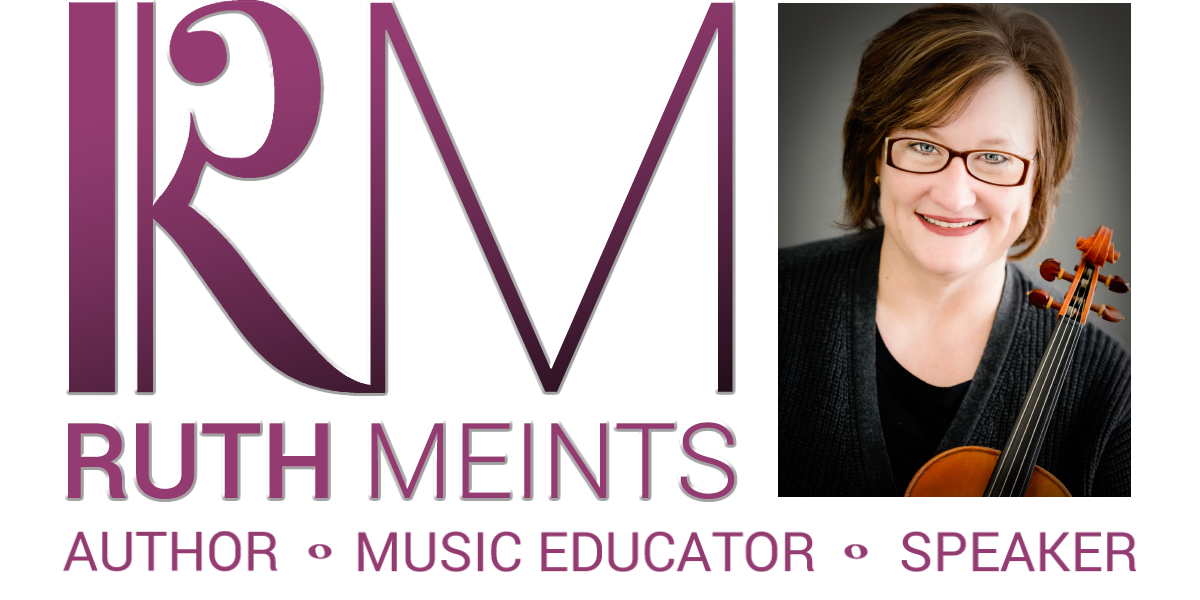When a parent entertains the notion of providing a music education for their child, the idea often comes with a number of questions. Over the years, certain questions always pop up, so here’s a quick reference to help you on your way to taking that first lesson.
How old should my child be?
The benefits to starting a music education as early as age 3 are enormous, especially for stringed instruments and piano. Children are sponges and learn at an amazing rate during the pre-school years. The child’s musical ear can be developed during this time frame as well. Fine motor skills also get a special boost with the individual finger action needed to play most instruments. If your child is already past the age of 5, jump right in with the instrument of your choice! It’s never too late to start playing. This even applies to someone who is starting music lessons in their retirement!
How do I know if my child is ready for music lessons?
Developing a practice routine with a three year old can be daunting, but at this age, it’s less about how good they are at practicing and more about the experience of doing something with their parent that is challenging and rewarding. Even if your child refuses to play anything at all, they are still absorbing valuable information. In the initial stages, the parent will often find themselves doing more of the practicing themselves, but they are still teaching the child how much music is valued in the home and also demonstrating that a daily routine is non-negotiable.
What if my child doesn’t seem to like the instrument after they’ve taken lessons for awhile?
Make sure all three factors of motivation studied by neuroscientists Ryan and Deci (Ryan & Deci, 2000) are implemented as much as possible. The first key is autonomy. It is very important that the child take small enough steps to be successful. Dr. Shinichi Suzuki’s, music educator and philosopher, often said, “Don’t hurry, don’t stop!”. If your child isn’t enjoying a practice session, shorten it, change activities, or switch to something fun. It’s better to have success on an easy task and keep the session joyful than push to tackle something hard and taint the experience.
The second important ingredient is competence. Nobody enjoys doing an activity which they don’t do well. Sometimes this issue can be tackled with a change in the rhetoric surrounding a challenging activity. A parent can say, “Wow, I’m pretty terrible at this! I’m going to try again and this time I’m going to try a different technique.” If the discovery process is always shared out loud by the parent, young students will begin to understand that learning is a process and will begin to dig into challenges rather than shying away.
Finally, the idea of connectedness will get most people fired up at any age. Doing an activity with peers creates friends and fun. If the activity is also perceived as extremely valuable, it becomes “cool” to participate. This means taking advantage of every opportunity for your child to play their instrument with friends, attend a workshop or concert, and even plan a special performance at a senior living center or hospital.
Should the parent be involved in the lesson?
The parent is the home teacher, so all practice sessions must be planned and initiated by the caregiver, when the child is preschool age. Even through the elementary ages, the parent should be encouraged to attend the lessons and take notes quietly. Young musicians progress more quickly when they are also accountable at home for what and how they practice. During the middle school years, the transition from the “parent as notetaker” to the child’s autonomy should occur. Finally, in high school, many students still enjoy having their parent attend the lesson, since time together becomes more and more limited as the child matures.
How important is finding the right teacher?
Your child’s experience in music lessons will be directly related to how well they connect with their teacher. There are all kinds of teachers, strict, fun-loving, inspiring, structured, relaxed, the list goes on…Most are a combination of several of these qualities. Asking to observe a teacher in action is always a wonderful way to see how they relate to a student, how they structure their lessons, and what to expect on your own musical journey. Watching several teachers will help you see the variety that’s available and you can begin to consider the type of teacher who would best fit your family.
If you have more questions about studying a musical instrument, check out the Omaha Conservatory’s website at http://www.omahacm.org. Or give the office a call at 402-932-4978. We are happy to answer all your musical questions!

